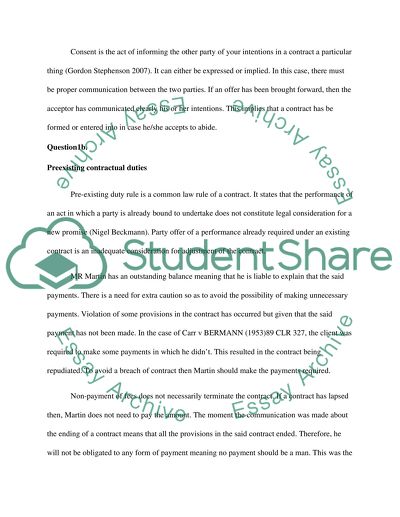Cite this document
(“Business law Coursework Example | Topics and Well Written Essays - 1500 words”, n.d.)
Business law Coursework Example | Topics and Well Written Essays - 1500 words. Retrieved from https://studentshare.org/law/1693873-business-law
Business law Coursework Example | Topics and Well Written Essays - 1500 words. Retrieved from https://studentshare.org/law/1693873-business-law
(Business Law Coursework Example | Topics and Well Written Essays - 1500 Words)
Business Law Coursework Example | Topics and Well Written Essays - 1500 Words. https://studentshare.org/law/1693873-business-law.
Business Law Coursework Example | Topics and Well Written Essays - 1500 Words. https://studentshare.org/law/1693873-business-law.
“Business Law Coursework Example | Topics and Well Written Essays - 1500 Words”, n.d. https://studentshare.org/law/1693873-business-law.


